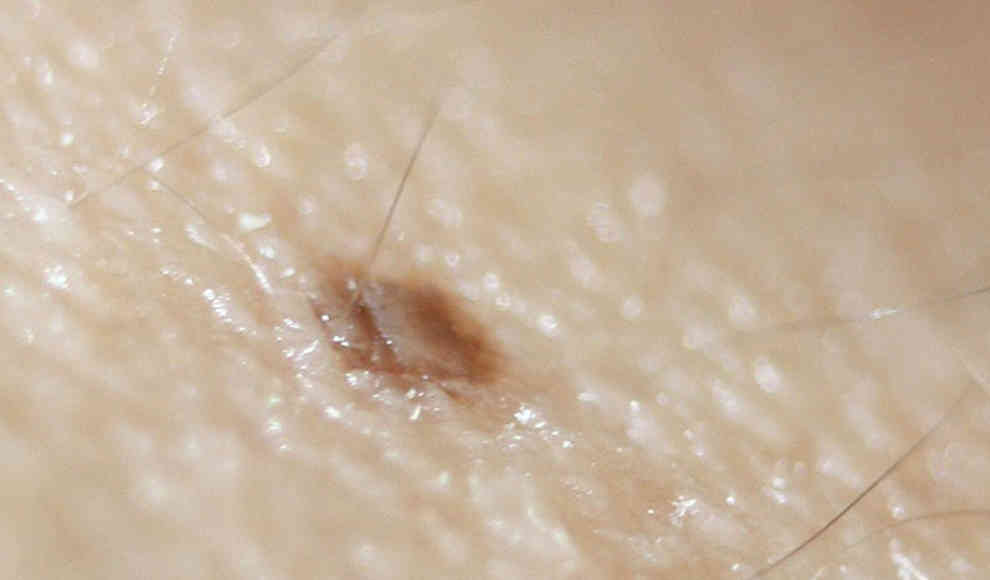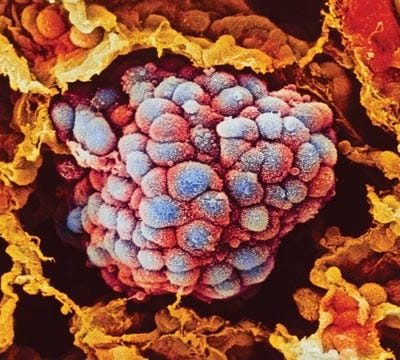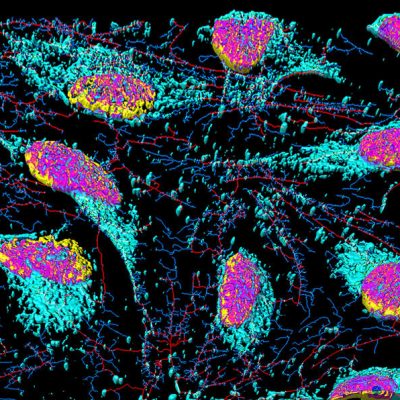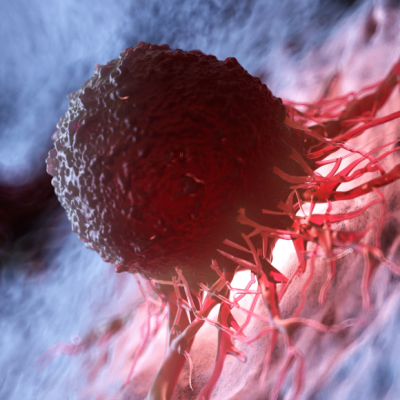In two independent studies, scientists have achieved initial success with a vaccine against black skin cancer. Both approaches stimulate the patient’s immune system to attack cancer cells on a large scale. In Germany alone, around 20,000 people are diagnosed with black skin cancer each year, and over ten percent of patients die from it. The risk of developing skin cancer depends mainly on two factors: individual skin type and exposure to UV radiation. Studies have shown that fair skin types are particularly vulnerable, and they should protect themselves from UV radiation with appropriate clothing and sunscreen.
Unfortunately, medicine often loses the battle against cancer because the disease is often only detected when it has already spread extensively throughout the body. Cancer cells initially multiply without noticeable symptoms, and the immune system recognizes some of the cancer cells but reacts too weakly. Scientists have been searching for a way to stimulate the natural immune response of cancer patients to better recognize tumors and overcome their inhibitory effects. In two studies, scientists attempted to make the immune system more successful against cancer cells by using a classic vaccination approach, targeting tumor-specific proteins or peptides.
In the first study, led by Patrick Ott from the Dana-Farber Institute in Boston, six patients with black skin cancer had their DNA analyzed after their melanomas were surgically removed. Based on the DNA results, the scientists selected 20 peptides that were only found on the surface of cancer cells and were likely to cause the strongest immune response. The specific vaccine was administered to the patients several times over a few days, and the desired immune response was triggered. Four of the six patients remained tumor-free for 32 months, and a combination of the vaccine and blocking agents helped the other two patients defeat black skin cancer. In the second study, led by Ugur Sahin from the University of Mainz, the scientists used a similar approach but with a vaccine made of synthetically tailored RNA. Thirteen patients with advanced black skin cancer received the RNA vaccine, and eight of them remained cancer-free.
The scientists are confident that this form of immunotherapy against skin cancer, and perhaps even other types of cancer, is promising. The next phase of the clinical study will involve more participants.










